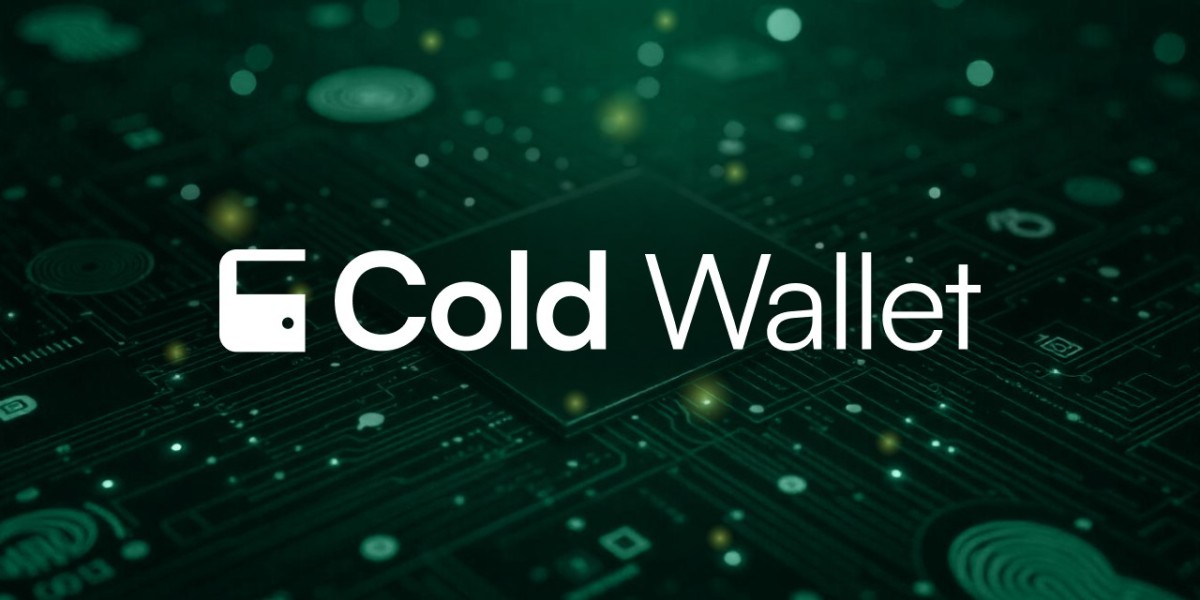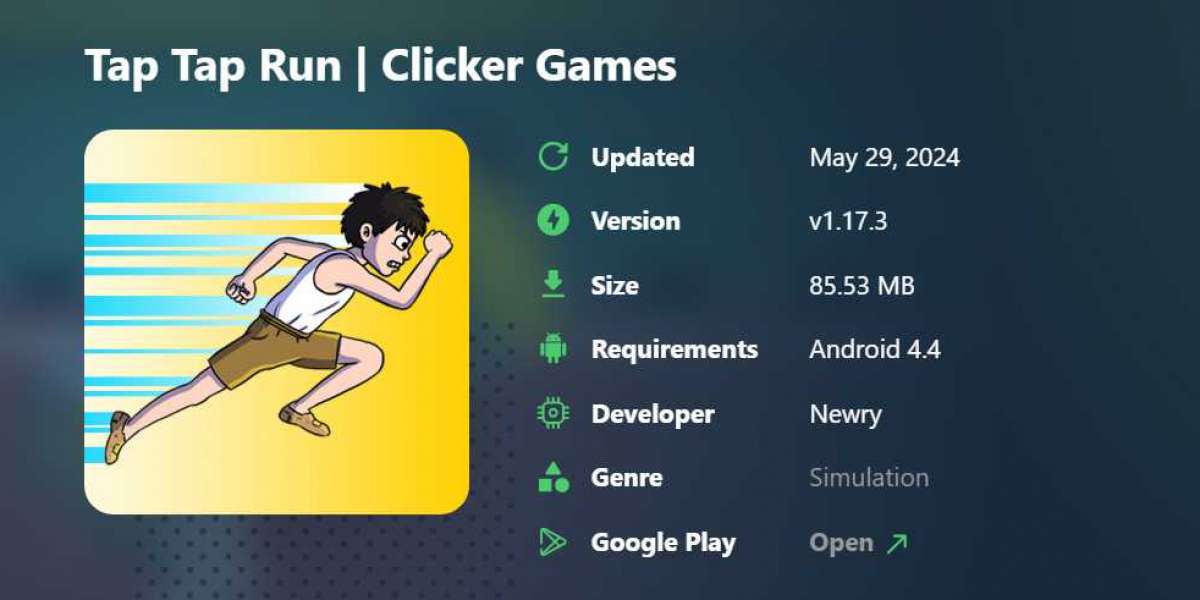The decentralized finance (DeFi) space has evolved rapidly over the past few years, shifting from a niche innovation to a multibillion-dollar ecosystem. Now, a new wave is building, the convergence of artificial intelligence (AI) and blockchain. At the center of this shift is a newly introduced presale crypto token powered by AI for smooth trading, As these technologies blend, they're poised to transform DeFi in profound ways. Let's discuss the key ways for it.
1. Intelligent Trading Bots and Market Predictions
At the start, these tokens are enabling the creation of smarter, autonomous trading agents within DeFi. Traditional algorithmic trading is already popular, but AI takes it further by using deep learning to process real-time data, market sentiment, historical trends, and on-chain activity to predict asset price movements.
DeFi platforms powered by AI tokens can democratize access to these bots, allowing retail investors to subscribe to or even own parts of these intelligent systems. For instance, projects like Numerai and Fetch.ai are creating decentralized networks where AI models are trained and monetized through tokenized rewards. This significantly improves trading strategies while reducing reliance on centralized exchanges or opaque hedge funds.
2. AI-Powered Credit Scoring and Lending
Moreover, one of DeFi's major limitations is its collateral-heavy approach to lending. Without traditional credit scoring, users must over-collateralize loans, locking up capital and limiting financial inclusion. AI crypto tokens can change that by introducing decentralized, privacy-preserving credit scoring models.
These AI systems can evaluate user behavior, transaction history, and cross-platform data to generate dynamic, on-chain credit scores. Protocols such as Spectral and CreDA are working toward this vision, enabling undercollateralized loans that are both safer and more accessible. As these models become more accurate, they can open lending to millions who are otherwise excluded from DeFi.
3. Smarter Governance Through Predictive AI
Decentralized Autonomous Organizations (DAOs) are central to DeFi governance, but voter apathy and poor proposal forecasting can hinder their effectiveness. AI crypto tokens can introduce predictive analytics to improve decision-making. By analyzing past proposals, community sentiment, and network data, AI models can simulate outcomes and help DAOs make more informed choices.
Imagine a DAO with a built-in AI assistant that forecasts the likely success of new protocol changes before they're implemented. Not only would this reduce the risk of costly governance mistakes, but it would also increase voter engagement by making participation more data-driven and accessible.
4. Personalized Financial Services
AI's ability to learn user preferences and behaviors can bring personalized finance into DeFi. By combining user data with intelligent agents, AI crypto tokens can power robo-advisors that tailor investment strategies, yield farming options, and insurance products based on individual profiles.
These decentralized financial assistants can recommend optimal protocols, rebalance portfolios, and even execute transactions autonomously, all governed by smart contracts and driven by AI models. Instead of a one-size-fits-all interface, DeFi users will get tailored financial ecosystems, improving engagement and financial outcomes.
5. Optimized Liquidity Provision
Providing liquidity in DeFi often requires users to guess the best trading pairs, price ranges, and fee structures. With AI, these decisions can be automated and optimized in real time. AI crypto tokens can power machine learning models that assess market volatility, user behavior, and pool dynamics to guide liquidity providers toward the highest-yielding opportunities.
This AI-driven optimization reduces impermanent loss and increases the efficiency of decentralized exchanges (DEXs). Moreover, it can create dynamic, self-adjusting liquidity pools that respond to shifting market conditions without manual intervention, improving capital efficiency across the ecosystem.
Conclusion
Lastly, while the potential is enormous, integrating AI into DeFi isn't without challenges. Data privacy, model transparency, and the risk of centralization in AI model training must be carefully addressed. Furthermore, smart contract-based AI systems must be auditable and secure to prevent manipulation.



